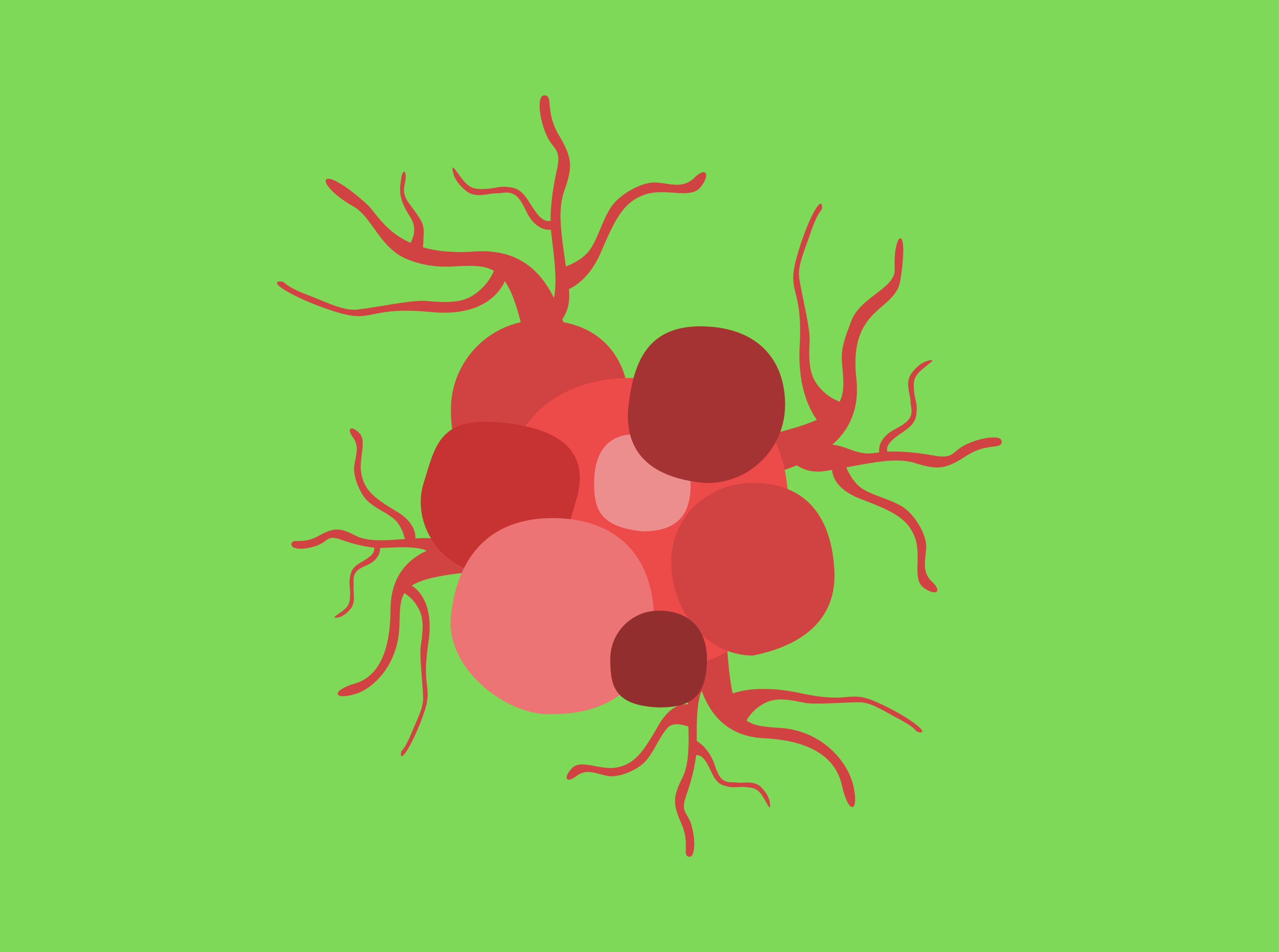
Oncologist : benefits of Cyanopower & Cyanoamrut
Spirulina is emerging as a promising adjunct in integrative oncology due to its broad-spectrum anti-tumor, cytoprotective, and immunomodulatory properties. Rich in potent bioactive compounds such
as phycocyanin, β-carotene, chlorophyll, polysaccharides, and gamma-linolenic acid (GLA), Spirulina exhibits anti-tumorigenic activity by modulating oxidative stress, suppressing tumor cell
proliferation, and inducing apoptosis through mitochondrial and caspase pathways (Romay et al., 2003; Mathew et al., 1995). Its ability to downregulate pro-inflammatory cytokines
(e.g., TNF-α, IL-6) and inhibit angiogenesis and metastasis has been particularly noted in models of oral, breast, and colon cancers.
Spirulina also plays a significant role in ameliorating the side effects of chemotherapy and radiotherapy, which often induce oxidative damage, immunosuppression, hepatotoxicity, and
hematopoietic dysfunction. Spirulina's antioxidant enzymes (e.g., superoxide dismutase, catalase) and its ability to restore glutathione levels help in protecting non-cancerous tissues from
cytotoxic injury (Chamorro-Cevallos et al., 2008; Khan et al., 2005). It enhances hematological recovery, supports appetite and liver function, and improves quality of life during cancer
treatment, making it a valuable nutritional intervention in oncology clinics, particularly in India where cancer burden and treatment toxicity are significant concerns.
Selected References:
← Back to Benefits